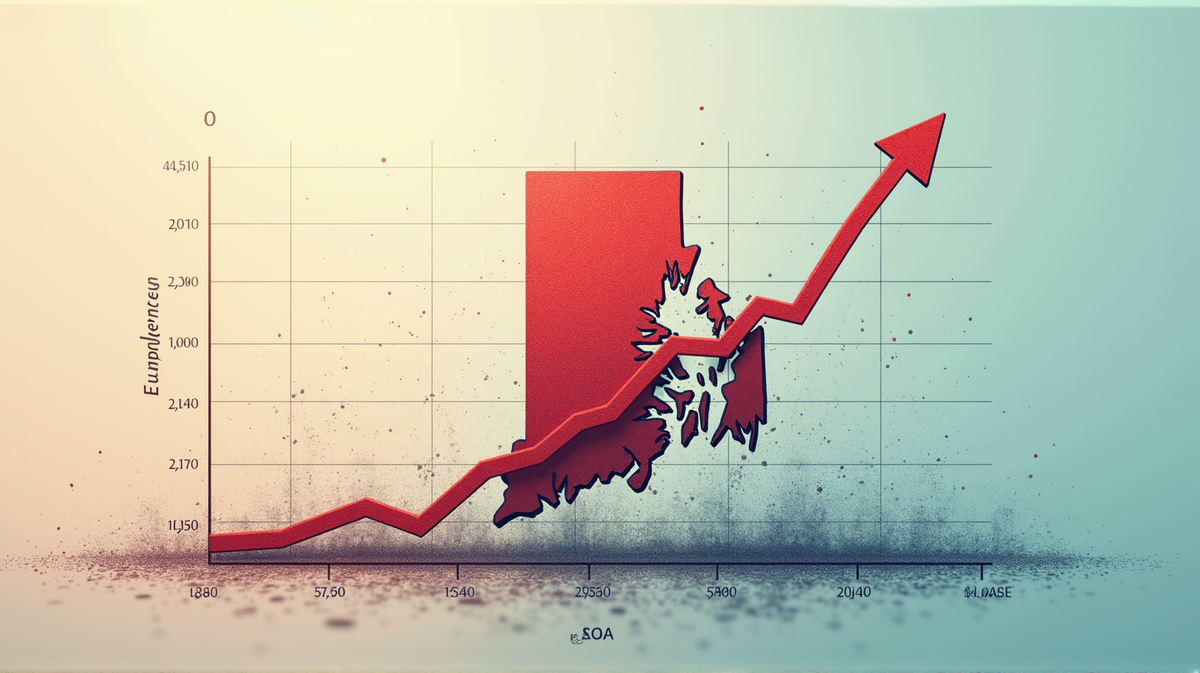R.I. Economy Shakes: Unemployment Surge and Emerging Concerns
Rhode Island faces a troubling rise in unemployment with rates climbing to 4.9%, marking concerning economic indicators, RIPEC suggests.

Rising Rates and the Telltale Signs
PROVIDENCE – Rhode Island’s economy, once the epitome of stability, is now witnessing tremors as unemployment surges to a troubling 4.9%. This alarming figure represents a significant increase from just two years ago when it stood at 2.7%. Released by the Rhode Island Public Expenditure Council (RIPEC) in collaboration with Bryant University, the recent briefing paints a concerning picture of the state’s fiscal health.
A Long Climb from Historic Lows
What makes this spike particularly unsettling is its persistence. For six continuous quarters, Rhode Island has weathered unemployment rates that outpace both New England and national averages. Justine Oliva, RIPEC’s director of policy and research, reminiscently speaks of the low unemployment levels last seen in 1988, before the tide started to turn. “We were at historic lows, but that trend has stopped,” reflects Oliva, highlighting the deviation from the promising course the state once steered.
The Ripple Effect on the Labor Force
Despite the state maintaining a steady non-farm employment figure of around 515,000, the overarching story is less encouraging with diminishing labor force participation. For the fourth consecutive quarter, this rate declined, now standing at 63.7%. Further exacerbating the issue, Rhode Island saw a dip in its number of employed residents, falling to 559,000.
Surface Stability vs. Underlying Momentum
According to Edinaldo Tebaldi of Bryant University, while consumer demand shows modest growth, there is an underlying weakening in economic momentum. This paradox of surface-level stability coexisting with profound economic shifts is what has both analysts and policymakers on alert.
A Call to Action
Michael DiBiase, President of RIPEC, warns of “growing headwinds” that demand the attention of both policymakers and businesses. The current trajectory suggests a period of increased uncertainty— a clarion call that Rhode Island cannot afford to ignore.
As the Ocean State grapples with these unsettling trends, it becomes imperative for stakeholders to navigate these challenges with informed strategies and proactive measures. According to The Boston Globe, understanding these patterns is the first step in addressing them.
Christopher Gavin can be reached at [email protected].





